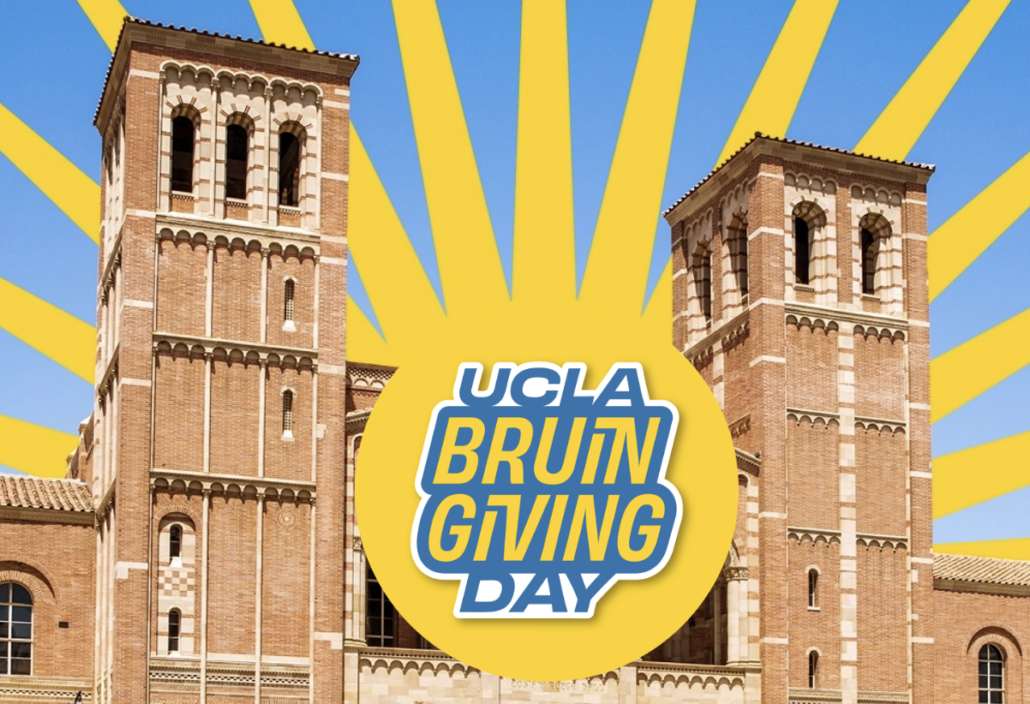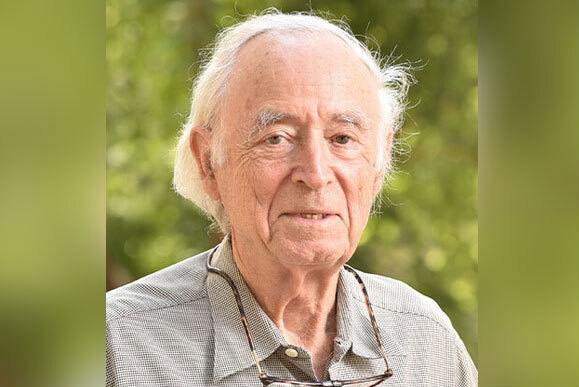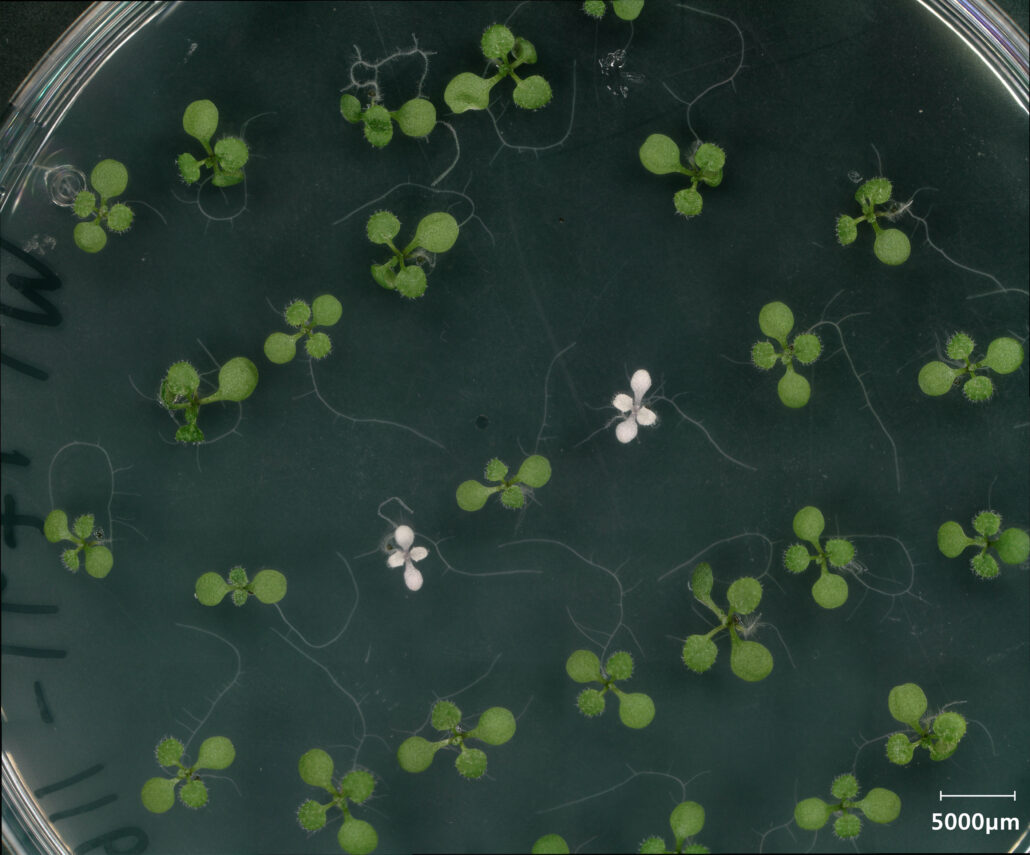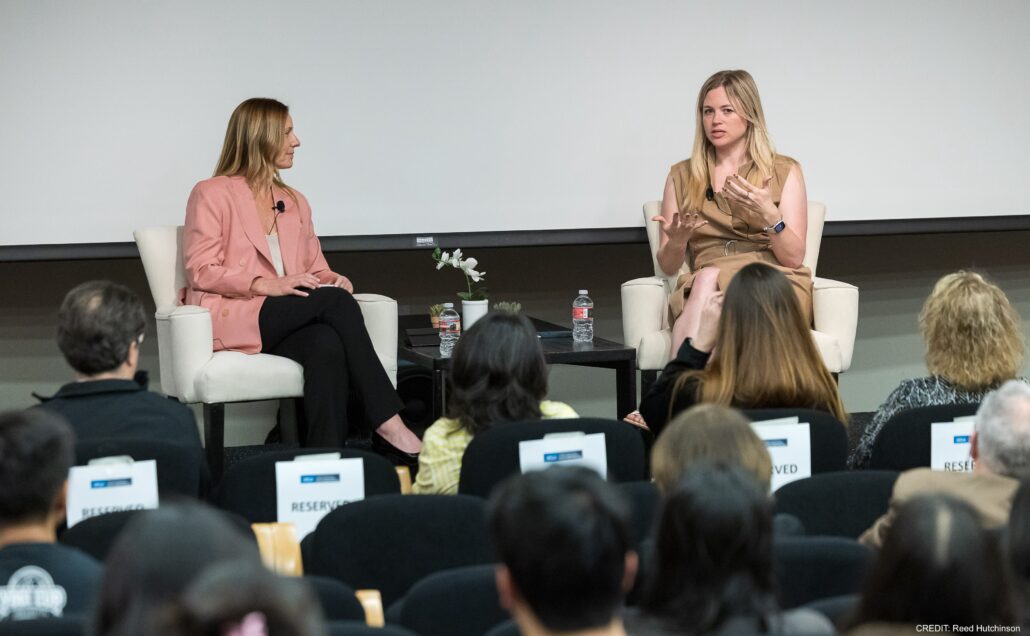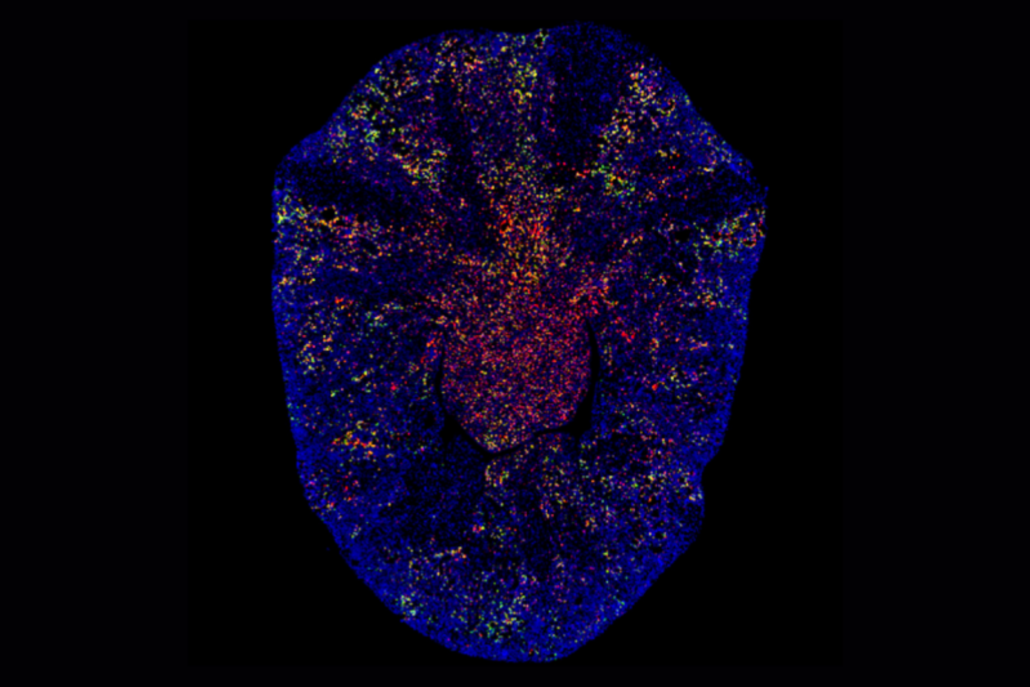UCLA distinguished professor of integrative biology and physiology elected to American Academy of Arts and Sciences
Adapted from UCLA Newsroom Alan Grinell, a UCLA distinguished professor of integrative biology and physiology, is one of four UCLA
Tiny CRISPR tool opens door to faster, simpler plant genome editing
By Linda Wang | Apr 22, 2025 This article was originally published by Broad Stem Cell Research Center Plant breeding
Lessons from the Fall of Roe – UCLA Center for Reproductive Science Health and Education hosts a public conversation with bestselling author and New York Times journalist Elizabeth Dias
In 2022, when the Supreme Court overturned Roe v. Wade with the Dobbs decision, many Americans were taken by surprise.
Alumni panel brings disability studies, advocacy, access to the forefront
Photo: Life Sciences fourth-year student Annemarie Lawrence and alumnus Josh Yen-Ho Chou Today, in a virtual, student-led panel, three UCLA alumni will
UCLA researchers team up with L.A. County Fire Department to investigate possible source of cancer risk
Firefighters have a 9% higher risk of being diagnosed with cancer and a 14% higher risk of dying from cancer,




